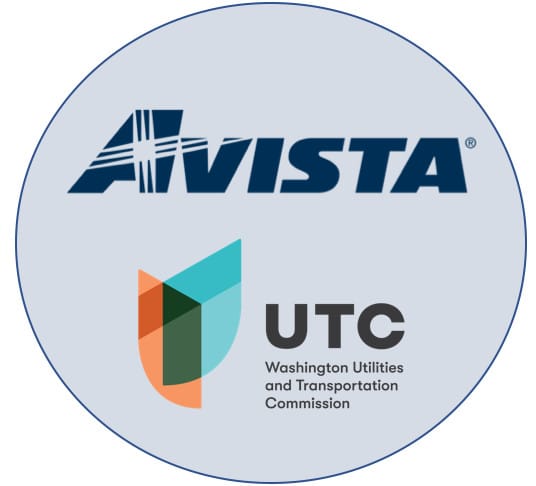Avista rate case offers wins for customers, climate, Colstrip

Avista Provides Colstrip Community Transition Funding
Under the agreement residents of Rosebud County, Montana, as well as local governments, labor organizations, and tribal members will receive $3 million in community transition funding. The money will fund grants for local organizations that will help workers and the community transition away from activities associated with the town’s coal-fired power plant, which is reducing operations. The funds can be used for education, worker re-training, and low income energy efficiency or renewable energy programs. The agreement places no limit on the amount Avista may ultimately contribute toward Colstrip’s transition.
Colstrip Power Plant Depreciation Aligned With CETA Targets
Under the agreement, depreciation of the coal-fired power plant will be accelerated to pay off plant costs by the end of 2025, the target date established by Washington’s Clean Energy Transformation Act for the elimination of electricity generated by coal. Additionally, Avista will not support capital expenditures beyond routine capital maintenance costs at Colstrip, which would extend the plant’s operational life beyond December 31, 2025. Avista will also provide a complete record of decision making and a full accounting of costs related to those expenditures on an annual basis.
Planning for Colstrip Transmission Assets
Avista will work with other co-owners of Colstrip transmission assets to resolve questions surrounding the future use of those assets after Colstrip Units 1-4 retire. At least one year prior to closure of Colstrip Units 3 or 4, Avista will develop a transition plan for its Colstrip transmission assets and file the plan with the Commission. Avista will also hold at least one workshop with staff and stakeholders to determine the transition plan’s impacts on Washington ratepayers.
Avista Increases Funding for Low-income Weatherization
Avista will increase low-income weatherization funding by $650,000, bringing total funding to $3.0 million by August 1, 2020.
Avista Targets Low-income Customers for 30% of Transportation Electrification Funds
Avista will also develop a Disconnection Reduction Plan that will limit disconnections and will regularly collect and report on disconnection data. And Avista agrees to work with its energy assistance work group to explore renewable energy programs for its low-income customers.
Avista Helps Fund Customer-side Resources
Avista will develop an on-bill repayment or financing program for residential and small business customers to help finance customer-side resources such as energy efficiency improvements.

